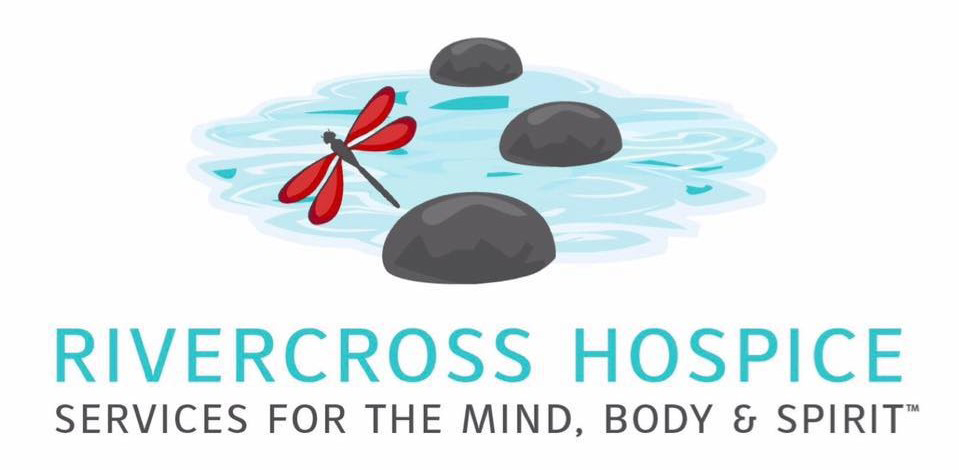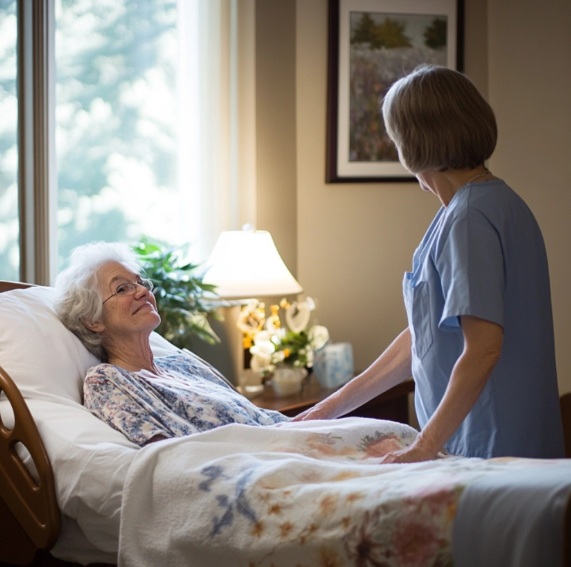End-of-life care is framed by compassion, respect, and professionalism, especially in hospice settings. Our loved ones deserve to experience their final moments with dignity, comfort, and as little distress as possible. This is precisely the essence of hospice care. When we think of hospice care in Tulsa, OK, we envision a continuum of support that honors not only the physical needs of patients but also their emotional and spiritual well-being.
As we navigate the complexities of end-of-life experiences, specific comfort measures emerge as crucial for enhancing personal dignity and peace. From skilled pain management to invaluable emotional support, let’s explore some essential comfort measures available to families and patients during these challenging times.
Comprehensive Pain and Symptom Management
One of the primary roles of hospice care is to address pain in a tailored and sympathetic manner. Evidence-based practices guide hospice professionals in developing individualized pain management plans. By closely monitoring symptoms and adjusting medications as needed, a respite from pain can often be achieved. The use of various therapies—including medications, physical therapy, and frequently integrative approaches like massage or aromatherapy—enriches the presence of comfort in patients’ lives.
Hospice teams often employ non-pharmaceutical interventions, such as music therapy or guided imagery, to create a serene environment that alleviates anxiety and fosters relaxation. By designing these thoughtful care environments, we can significantly alleviate discomfort and foster emotional well-being.
Emotional and Psychological Support
A compassionate and empathetic team profoundly impacts the psychological aspect of end-of-life care. In our hospice settings, trained professionals, including social workers and chaplains, focus on fostering open communication between patients and their families. This support is vital in reducing feelings of isolation and despair, reinforcing that patients are not alone on their journey.
Families find relief in having someone to turn to during deep grief and uncertainty. Open dialogue about feelings and fears, alongside techniques like narrative therapy, can enhance coping mechanisms while helping family members support each other.
Spiritual Care Integration
Honoring beliefs and spiritual well-being contribute significantly to a peaceful end-of-life experience. Hospice care often includes spiritual caregivers who are sensitive to the spiritual dimensions of the patient’s journey. These members can provide comfort and allow families to explore their values, beliefs, and rituals as they navigate complex feelings and questions surrounding life’s ultimate transition.
An individualized spiritual care plan can include visits from spiritual leaders, prayer sessions, or engaging in meaningful conversations about life’s legacy, thus providing a space for solace. We embrace the faith traditions of patients and their families, cherishing their wishes throughout the entire process.
Establishing a Comfortable Environment
Creating an atmosphere of comfort within the physical space where patients spend their last moments is essential. Ensuring the room feels homely, with proper ambiance, soothing aromas, and ample family engagement, promotes a sense of normalcy. Input from patients about their preferences allows them to retain a degree of control, which is pivotal for their dignity.
Adjustable lighting, cozy blankets, personal items, and even family photographs can transform clinical spaces into compassionate environments for patients and their loved ones. The physical environment is a crucial part of the overall experience, impacting patience psychologically and emotionally.

Continuous Family Involvement
Family involvement is key. Including family members in care discussions, decisions, and routines fosters a nurturing atmosphere that enriches the caregiving experience. Hospice staff should encourage shared moments that involve reminiscing, storytelling, and creating lasting memories, helping to cement bonds and experiences within a context of love.
Moreover, families are educated on how to provide appropriate post-death care and make necessary preparations during this integral time. Their understanding and engagement can enhance feelings of control and fulfillment, serving their loved ones well.
Delivering your loved ones the highest quality hospice care is about understanding their unique needs, listening to their wishes, and prioritizing comfort and dignity. As we champion these core principles, we encourage everyone seeking compassionate end-of-life care for their loved ones to consider the unique offerings of hospice care. For more information about hospice care in Tulsa, OK, and how we at Rivercross Healthcare can support you through these delicate moments, feel free to reach out.




